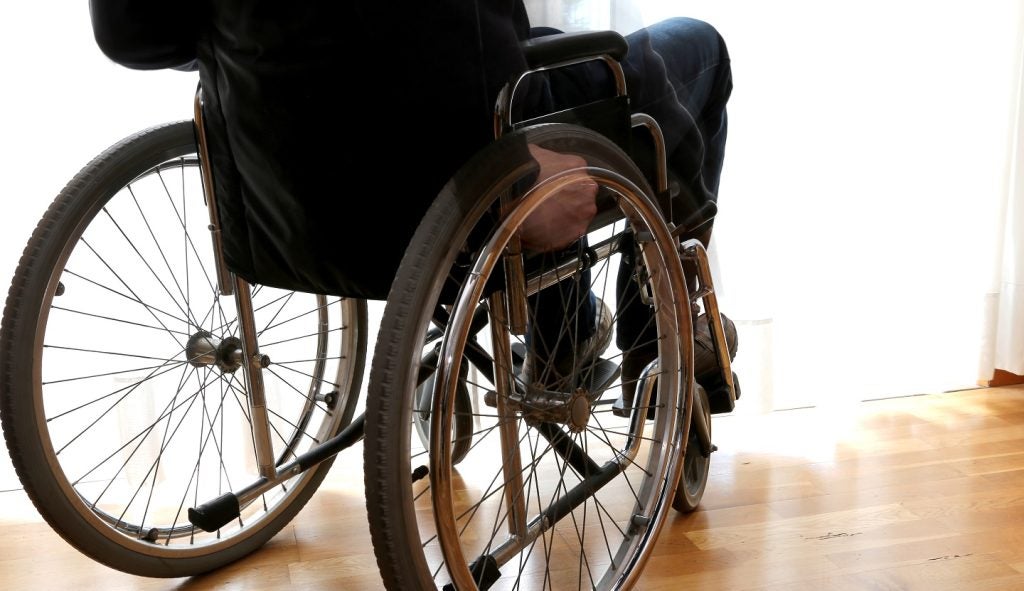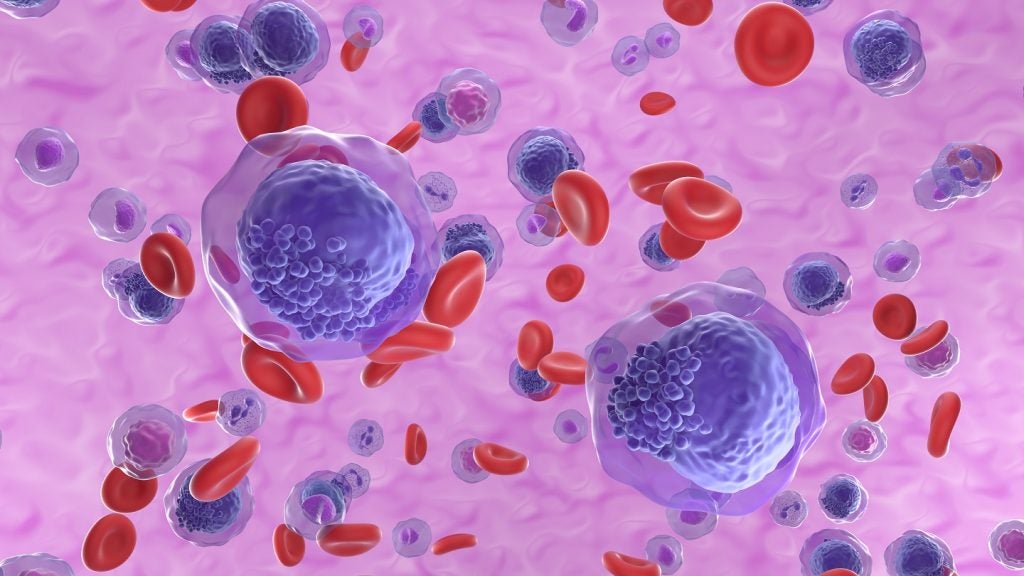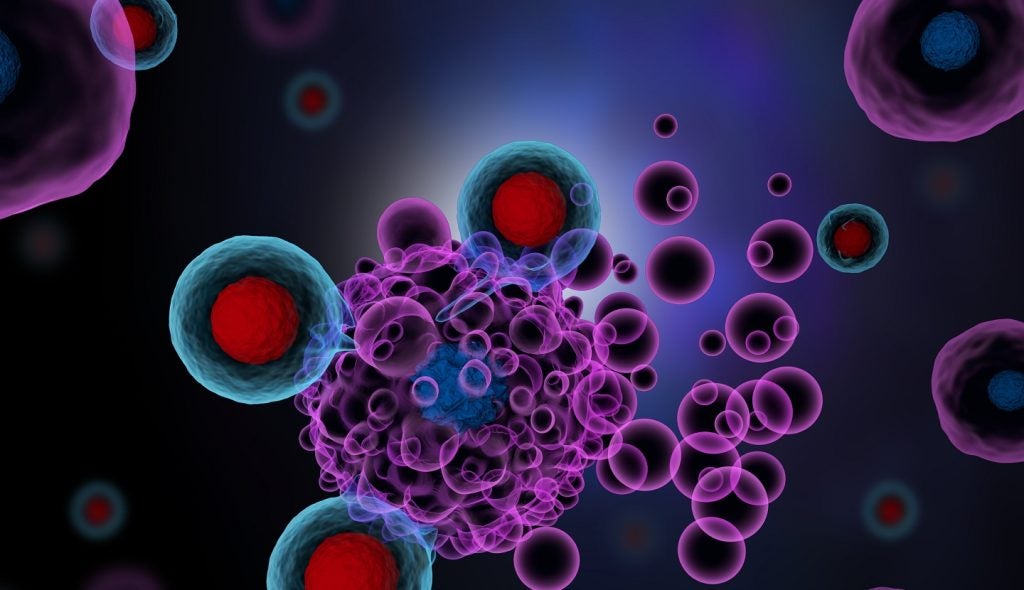FibroGen’s Phase III LELANTOS-1 clinical study of pamrevlumab has failed to meet the primary endpoint of Performance of the Upper Limb 2.0 (PUL 2.0) score at week 52, compared to baseline, for Duchenne Muscular Dystrophy (DMD).
The double-blind, global, randomised LELANTOS-1 study has enrolled 99 patients with non-ambulatory DMD aged 12 years and above to assess the safety and efficacy of pamrevlumab, along with systemic corticosteroids, against a placebo.
Pamrevlumab was found to be well tolerated and safe, with mild or moderate treatment emergent adverse events.
FibroGen CEO Enrique Conterno said: “While disappointed with these results, we look forward to sharing the data at a future medical conference to contribute towards the understanding of this devastating disease.
“FibroGen would like to thank the patients, caregivers, and clinical trial investigators for their dedication in participating in this study.”
LELANTOS-1 is a part of FibroGen’s Phase III clinical development programme of pamrevlumab for DMD, which also includes LELANTOS-2.
The fully enrolled LELANTOS-2 study has evaluated the safety and efficacy of pamrevlumab, combined with systemic corticosteroids, in patients with ambulatory DMD.
Topline data from the Phase III LELANTOS-2 study is anticipated in the third quarter of this year.
The company is developing the anti-CTGF human monoclonal antibody, pamrevlumab, for treating metastatic pancreatic cancer, locally advanced unresectable pancreatic cancer, and idiopathic pulmonary fibrosis.
Last month, FibroGen reported positive topline results from the Chinese Phase III trial of roxadustat for the treatment of chemotherapy induced anaemia.















